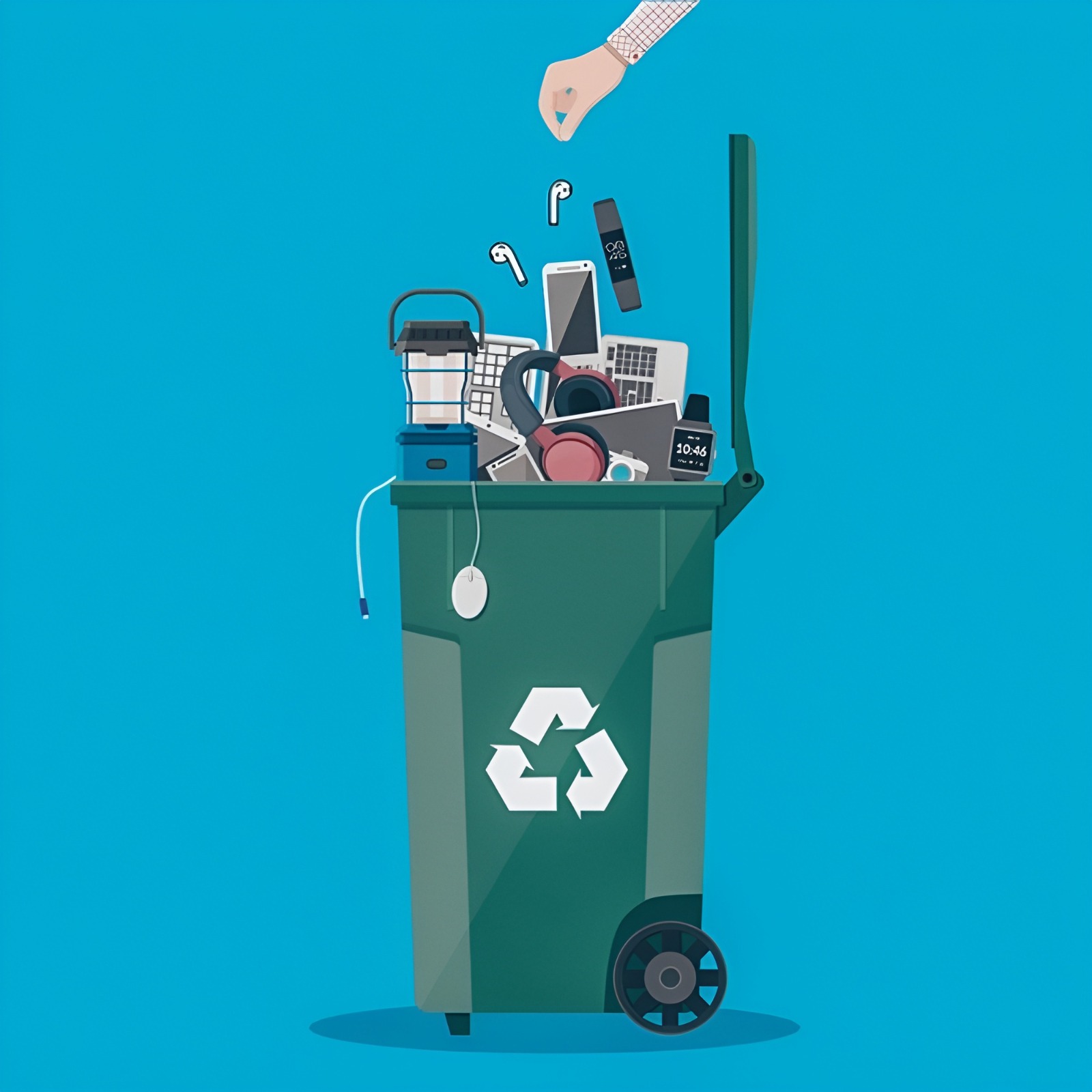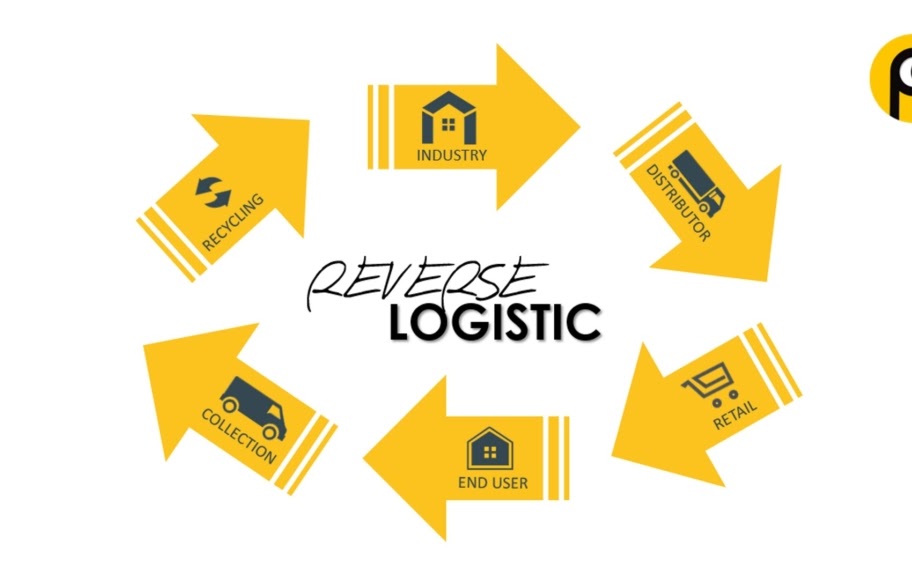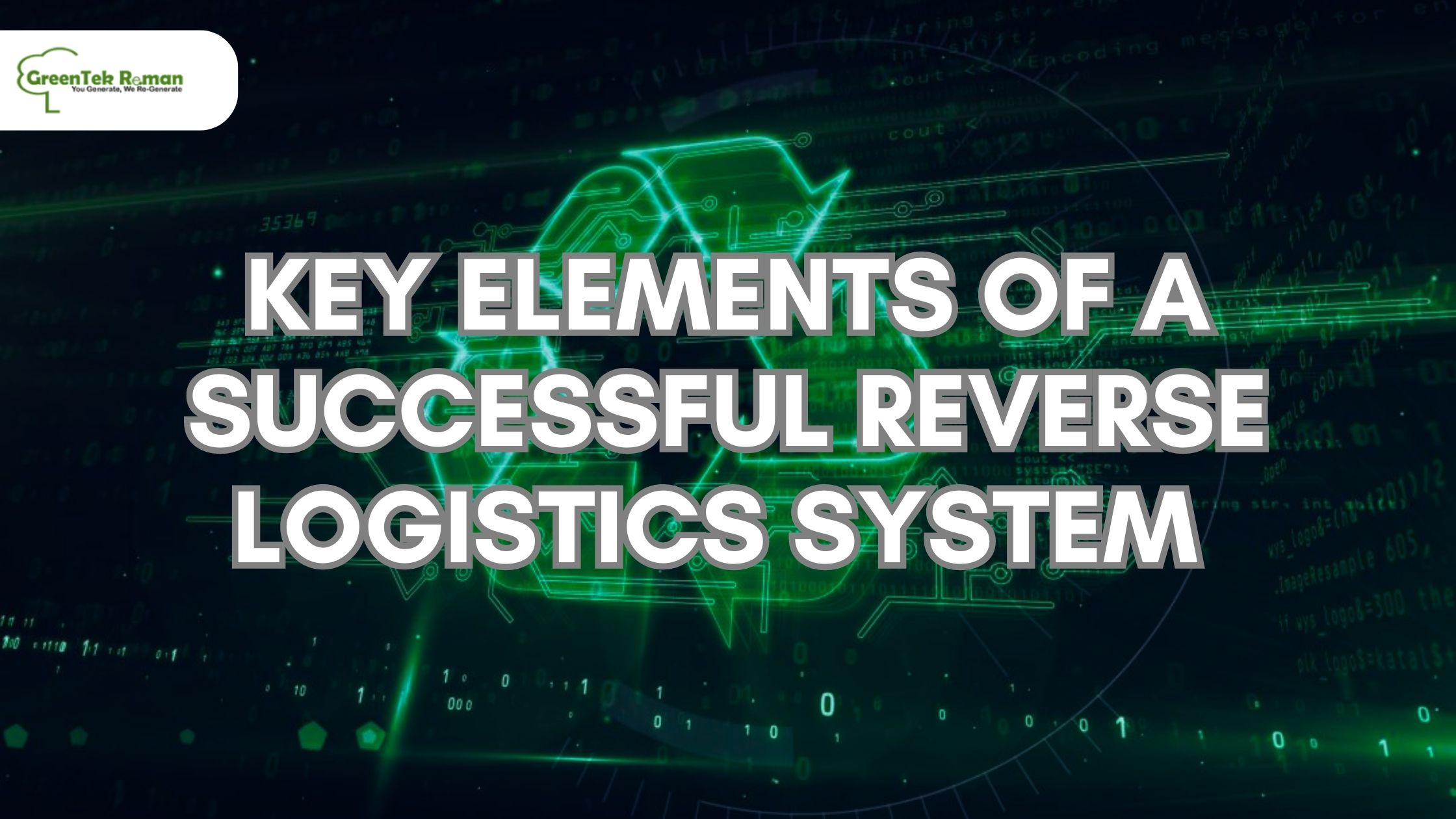Electronic waste, also commonly abbreviated as e-waste, is a term used to describe old or unwanted electronic products and their constituent parts. Given the existing rate in the development of technology and the production of new electronic gadgets, e-waste has become one of the biggest and ever-growing environmental challenges globally. But, if we concentrate on […]
The reverse logistics business is expanding rapidly worldwide due to a number of causes, including legislation, technical improvements, and sustainability. It offers profitable prospects to organizations globally, with a projected compound annual growth rate (CAGR) of 12.6% from 2024 to 2031. In reverse logistics, product returns, repairs, recycling, and disposal are all managed. Supply networks […]
Businesses need to adjust to the quickly changing technology world of today. Not only to remain competitive but also to ease the environmental impact of their operations. IT Asset Disposition (ITAD), is a procedure that entails safely and responsibly disposing of obsolete or underutilized IT equipment. It is one of the important components that is […]
Reverse logistics refers to the process of moving goods from their typical final destination for the purpose of capturing value, proper disposal or recycling. It involves the retrieval of products from the end consumer for repair, replacement or disposal. Effective reverse logistics management plays a crucial role in reducing costs and environmental impact for businesses. […]
Faridabad generates 1500+ tons of municipal solid waste each day. This number is expected to double in the next decade with economic development and population growth. Currently, only 83% of the waste generated is collected by municipal authorities. The remainder lies unattended on streets and in water bodies, leading to unhygienic conditions, groundwater contamination and […]
Reverse logistics refers to the process of moving goods from their final destination back to the manufacturer or a designated location for return, repair, remanufacturing, recycling, or disposal. It involves the handling of products, materials, or equipment after they have been delivered to the end user. For modern organizations, reverse logistics systems provide many benefits, […]
At some basic levels of marketing, reverse logistics or reverse distribution is a process in the supply chain that is related to the return of sold products or goods. In this part of the operation, the product is sent back from the point of sale to distributors or manufacturers for replacement, recycling, or recovery. In […]
In India, reverse logistics is growing at a CAGR of 6.15%. It is estimated that the reverse logistics market in India stands at USD 31.35 Billion in 2023 and it is predicted to reach USD 42.26 Billion by 2028. Reverse logistic management act as a catalyst for business that helps them enhance their success rate. […]
The Reverse Logistics Market in India is estimated to be USD 31.35 Billion in 2023 and it is predicted to reach USD 42.26 Billion by 2028, which is growing at a CAGR of 6.15%. Reverse logistics is integral to supply chain management, enabling businesses to handle complex procedures, including returns, repairs of IT equipment, mobility […]










